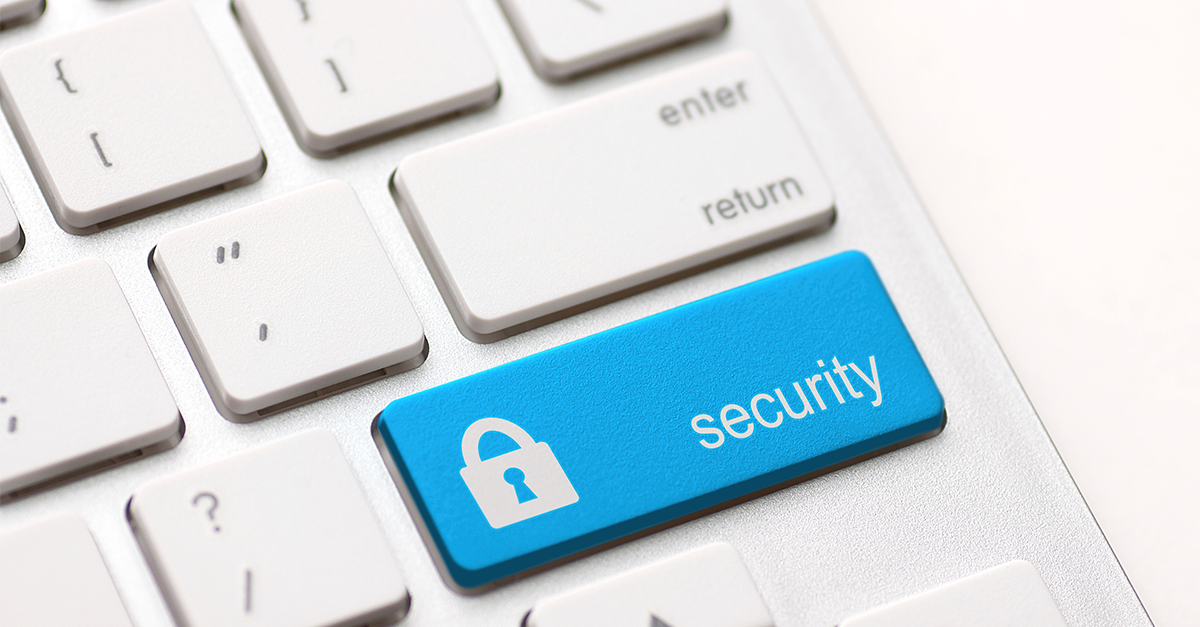Desktop, Mindfulness, Opera Air
6 safe web-browsing tips

The web brings us a lot of interesting content. However, without the right safety precautions, it can become a virtual minefield with malicious sites, viruses and other threats. We take your browsing security in Opera very seriously, so we’re here to help you steer clear.
Here are some simple safe web-browsing tips to protect you online.
Keep your browser updated
Make sure you’re using the latest version of your browser to keep up with security and stability improvements. Opera for computers is a secure browser that will save you some effort – it upgrades automatically as soon as a new version is available.
Pay attention to in-browser information
At certain sites, Opera will show you an important, small icon (a security badge) in the address/search bar. For example, if you’re accessing a page through a secure connection, you will see a green padlock. Moreover, Opera’s fraud and malware protection will warn you if you’re trying to open a blacklisted site – take this info seriously.
Choose strong passwords and protect them
It’s one of the most obvious, yet often bypassed safe web-browsing principles. Passwords like “111111” or names of movie characters are definitely easy to remember, but they’re also extremely easy to guess, which makes them vulnerable. Check this list of the worst passwords of 2014 and make sure you don’t fall into the same trap. Use unique passwords with random characters, including both upper- and lowercase letters.
Also, using the same passwords for email, social networks and other sites is very risky, as it’s literally one key for all doors. Create different passwords for each accounts, and Opera’s built-in password manager will remember them for you. And, needless to say, don’t share your passwords with anyone.
Browse privately on shared computers
If you are sharing a computer with someone else, we strongly recommend that you clear your browsing data after each session. In Opera, you can easily take care of this by browsing in private windows. Your history, cookies and other info will be automatically removed once you close all private windows.
Be choosy when trusting websites
Your address, phone number, credit-card details – be very cautious about putting this sensitive information into website forms. Sites might additionally try to trick you into installing programs or giving up your credit-card details.
The trust issue is also very relevant for newsletters and promo emails you receive. Do they come from a source to which you’ve subscribed? Some scams often try to imitate the looks of popular sites. So, stop for a second before trusting a website, and ask yourself if it makes sense – that second might make a big difference to maintaining your online security.
Download programs only from trusted sources
An installation file downloaded from a suspicious source means a high risk of getting malware or a virus on your computer. When you’re looking for some software, the safest approach is to download it from the official site of the provider.
What safe web-browsing tips would you add to this list?















